Waiting near ports for berths is a problem for cargo ships because they do not have an information system that would enable them to share traffic data with other operators, such as the ports, shipping companies and other vessels. The problem is common even at the Port of Helsinki, as ships often have to rush at full speed to get near the mainland to wait for the port to confirm a berth. In experiments funded by Sitra, Awake.AI and Siili Solutions are looking for ways to ease maritime transport congestion by using data.
Traffic in ports has not been optimised
The fuel used for first accelerating to port and then unnecessary waiting for berths is a burden on the environment and increases transport costs. At the same time, truck drivers ashore have to figure out which ship will be first to dock and whose cargo needs to be offloaded onto which vehicle.
Traffic flows through ports have not been optimised for fuel consumption and weather conditions, as for decades shipping companies have had to comply with cargo contracts, with fines imposed if breached. However, data on the movements of cargo vessels is constantly being generated and many logistical problems could be solved by sharing this data between the various port operators. This would enable ships to respond to changes in traffic and port conditions in real time, instead of constantly trying to comply with contracts that may have been concluded as much as a year in advance.
Port logistics is one example of the practical challenges that Sitra is looking to solve with data.
Experiments funded by Sitra are gathering lessons that can be used for sharing data Data sharing Transfer of data between two or more parties. Open term page Data sharing across industries and ecosystems. If information on shipping schedules, types of cargo and urgency could be shared within a single system between ports and shipping companies, port traffic could be made far more efficient. This would also significantly reduce fuel consumption and the environmental impact caused by maritime transport (PDF).
See also
How can ships’ port visits be made more efficient using data?
Reliable and timely information is essential for the movement of goods and people. This also applies to maritime cargo shipping. Sharing data requires functioning infrastructure and trust between the different operators.
Awake.AI has developed a solution to optimise vessel utilisation, port arrival and turnaround times.
“Analytics services continuously monitor the progress of vessels’ voyages and provide forecasts and cost estimates to support decision-making. The goal is to increase the cost efficiency of the fleet and the use the resources at the destination ports,” says Karno Tenovuo, CEO of Awake.AI.
Siili Solutions, together with Fintraffic and ESL Shipping, is developing a solution to facilitate the port entry of ships. If the situation at the port changes and a vessel’s berth is taken, a vessel at sea will be instructed to slow down and reduce fuel consumption.
“Until now, this has not been possible without the ship first hurrying to get to the port area to wait for a berth to become available or without deviating from the cargo contract with the cargo owner,” explains Eliisa Sarkkinen, service designer and project manager at Siili Solutions.
How to involve Finland in the European data space development?
In September 2022, Sitra launched a call for funding to gather experiences and lessons learned on sharing data between businesses. We already know that data sharing pays off because it can help to improve business efficiency and create new products and services. The main thing is to get data moving between organisations and industries. This requires data spaces Data space A set of mutually agreed principles and rules for sharing and exchanging data within or between different sectors. Open term page Data space that combine information between different operators and services.
But there are still too few examples of using data sharing. The current experiments are aimed at developing a data space Data space A set of mutually agreed principles and rules for sharing and exchanging data within or between different sectors. Open term page Data space that brings together services and operators to ease port congestion. This is not the first attempt to improve maritime logistics by sharing data between different parties. The projects funded by Sitra are exceptional because the data ecosystem Data ecosystem Several data networks can form a data ecosystem, “a network of networks”, in which the members collaborate with each other to share and use data, as well as to boost innovation and new businesses. Open term page Data ecosystem they create will be open to all, not only to selected operators.
The port experiments are being carried out in the Swedish industrial port of Oxelösund. If the challenges are overcome in Oxelösund, the solution can also be applied to Finnish cargo vessels and ports. There is also a desire to disseminate the data sharing lessons learned from the experiments more widely to benefit other industries.
“We want to establish a data sharing flagship project to involve Finnish companies more visibly in European data space development,” says Anssi Komulainen of Sitra.
Data space development starts with identifying practical problems
Sitra considers that the problems of data sharing and the development of data spaces are not primarily related to technology or the lack thereof.
“It’s basically a question of who sharing data creates value for,” says Komulainen.
“The problems related to data sharing are not so much technological as they are about who gets value from sharing it.”
Anssi Komulainen, Project Director, Sitra
A shared data space creates value by reconciling different interfaces and services. It is about building a soft infrastructure Soft infrastructure An area of digital infrastructure, including institutions, services, standardised definitions and contracts. Open term page Soft infrastructure based on trust, agreements and common rules. This is what Sitra’s work on the fair data economy is all about.
The pilot projects funded by Sitra and carried out by Siili Solutions and Awake.AI started in April 2023.
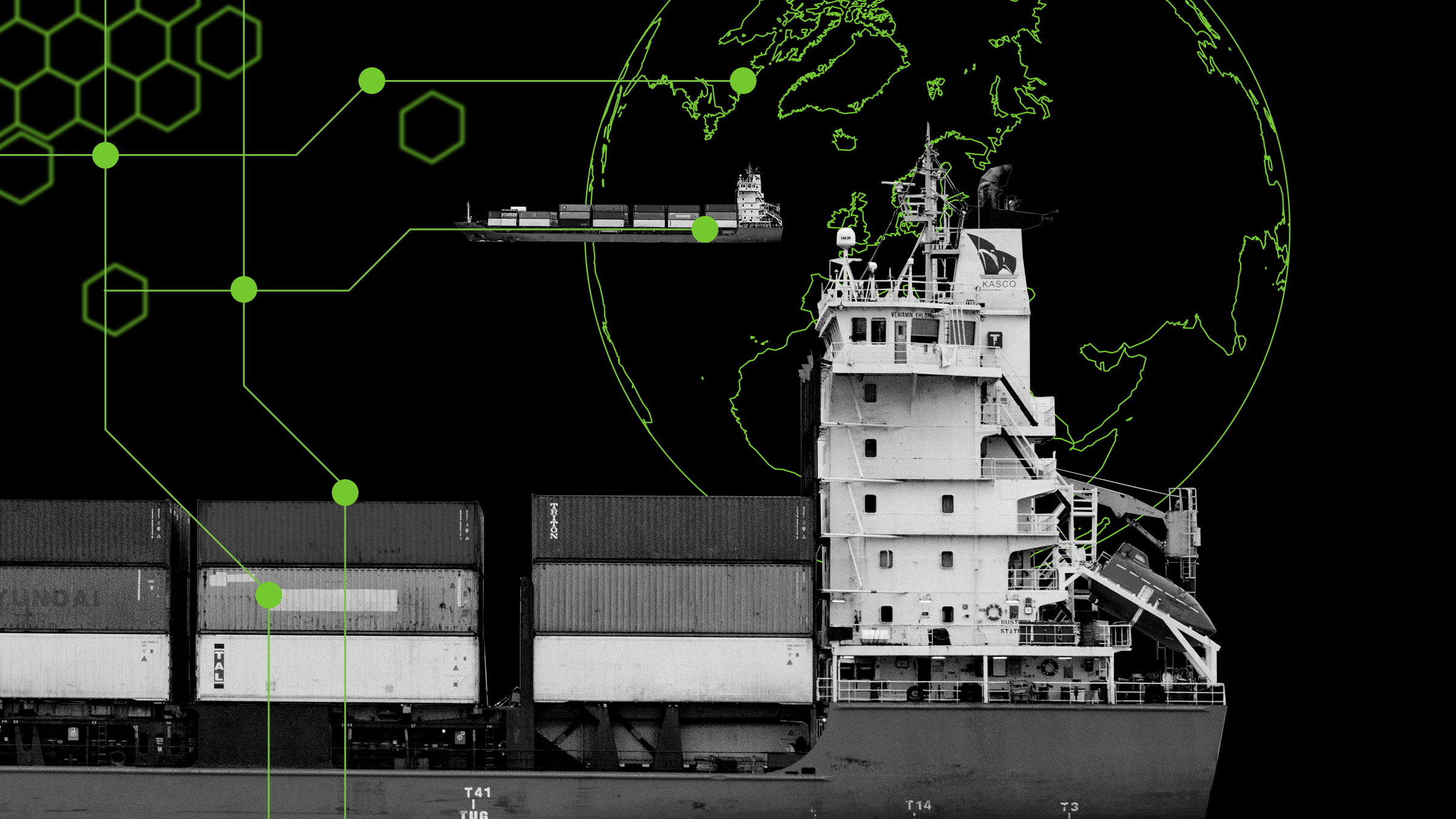

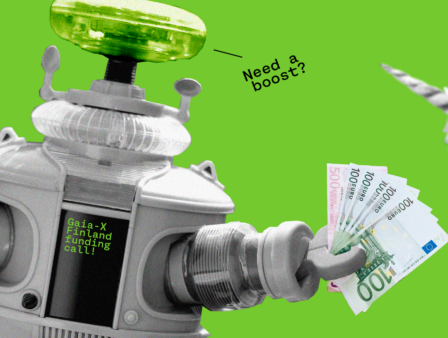














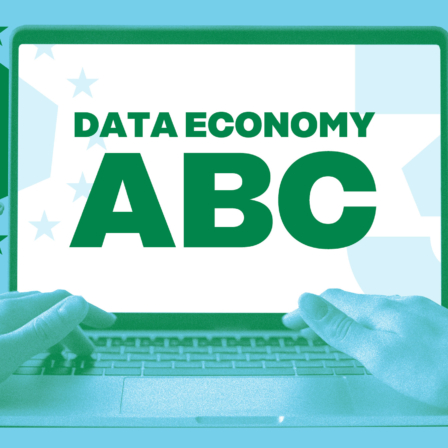

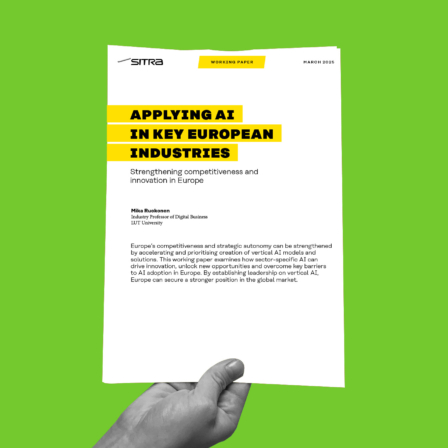
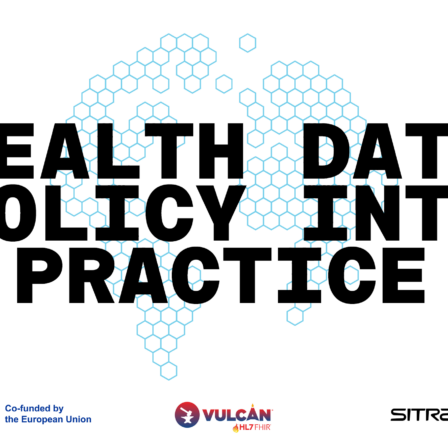

Recommended
Have some more.